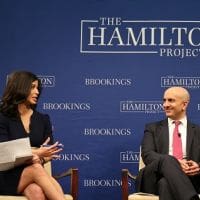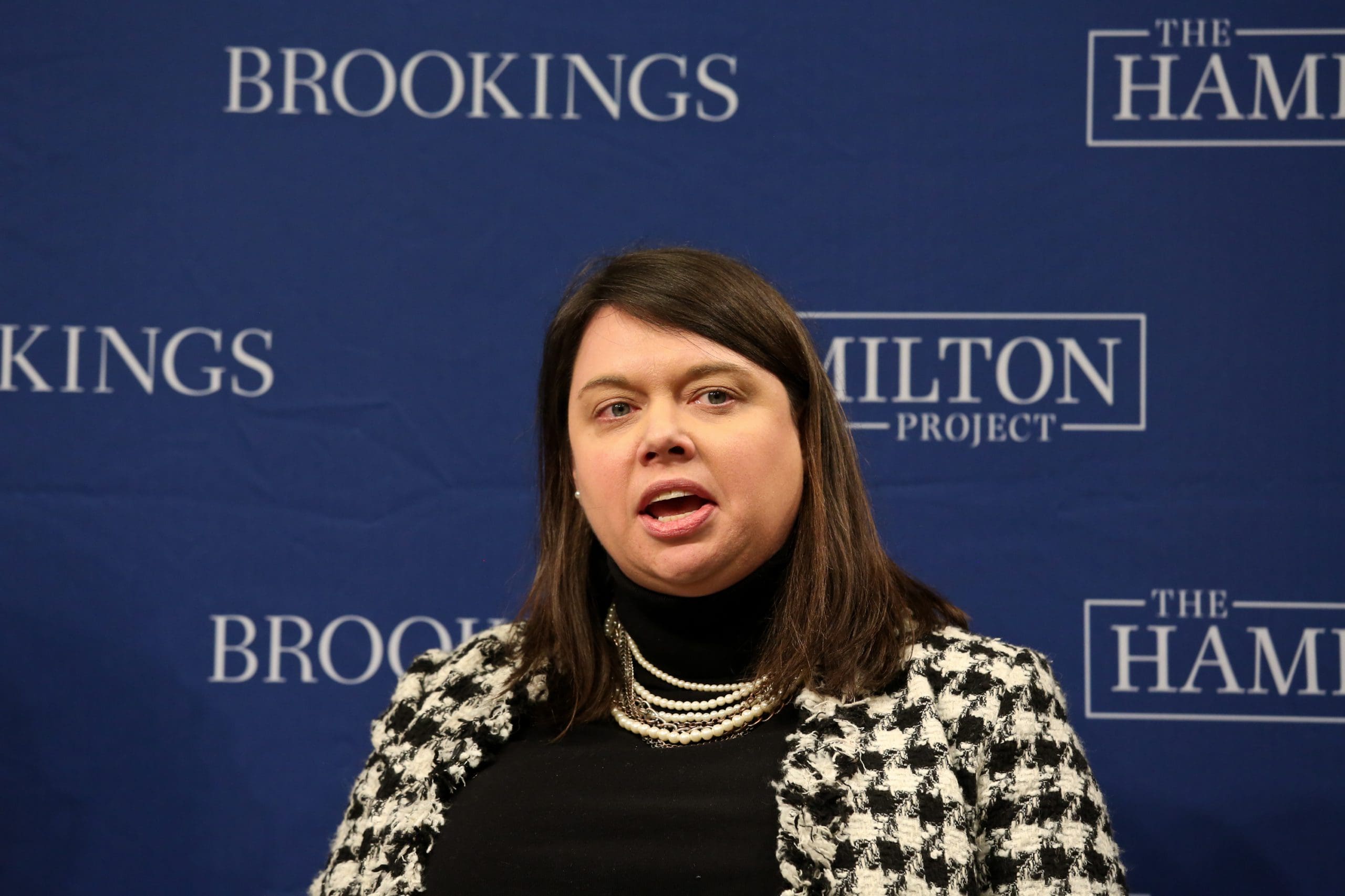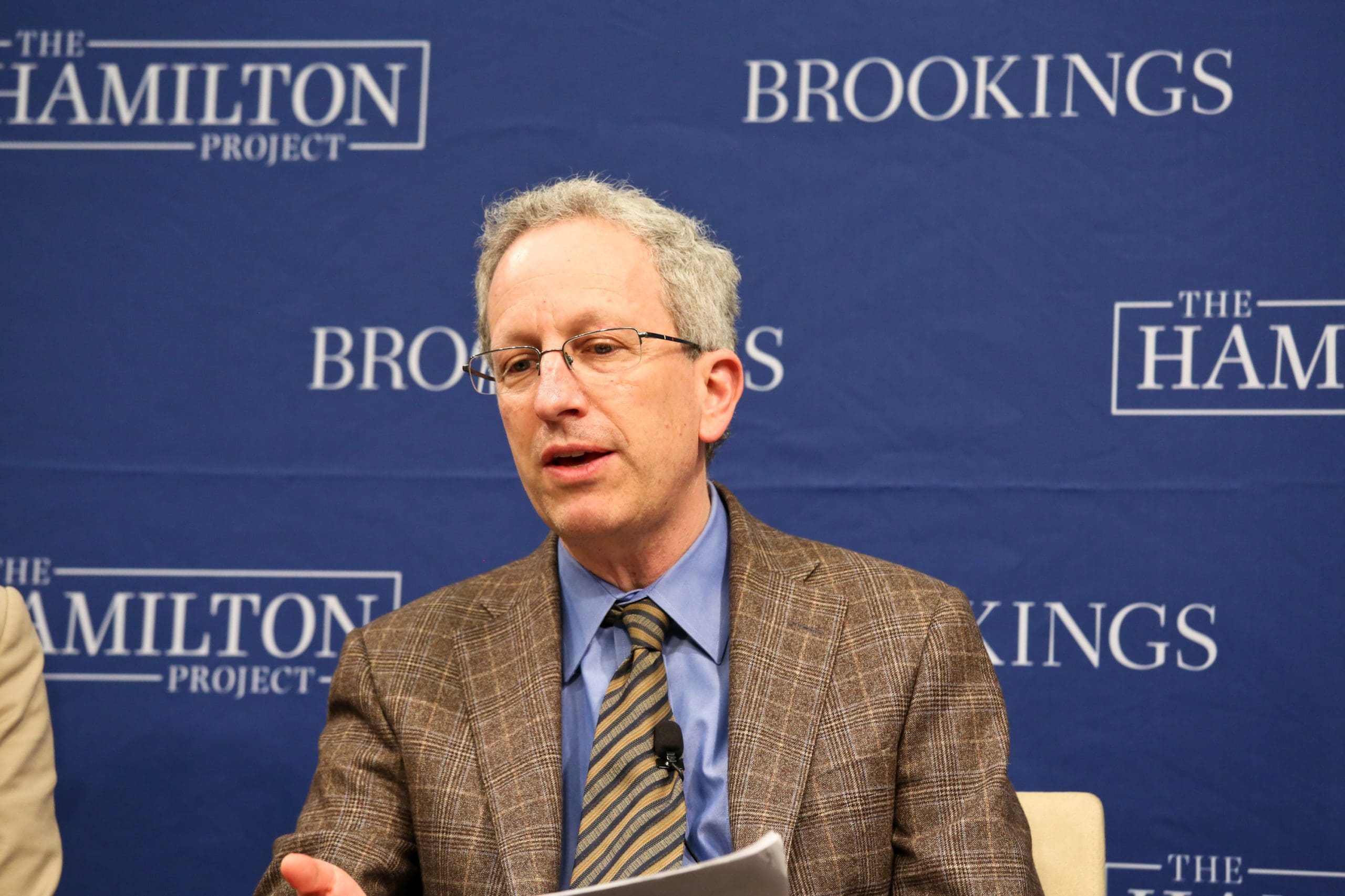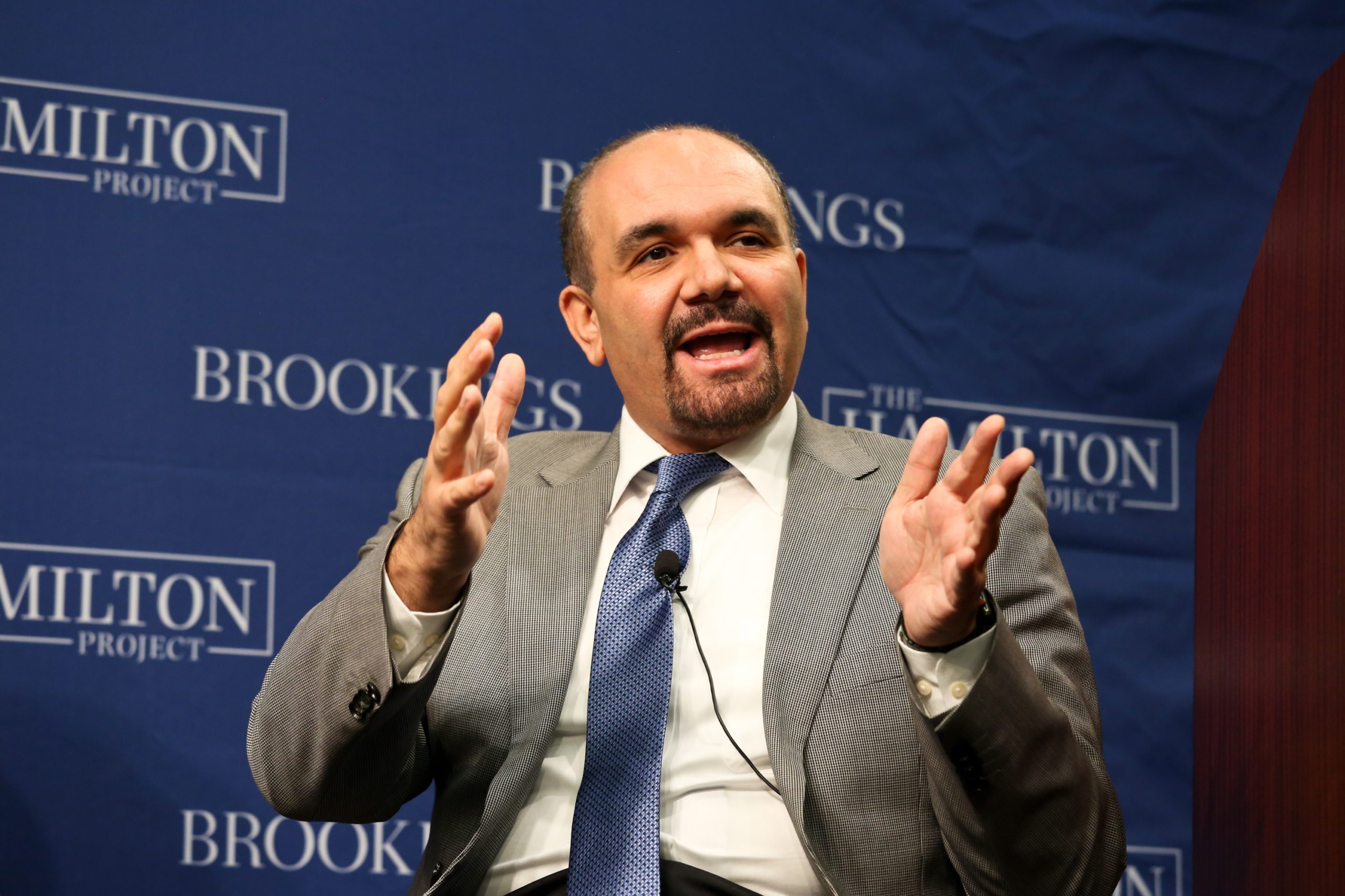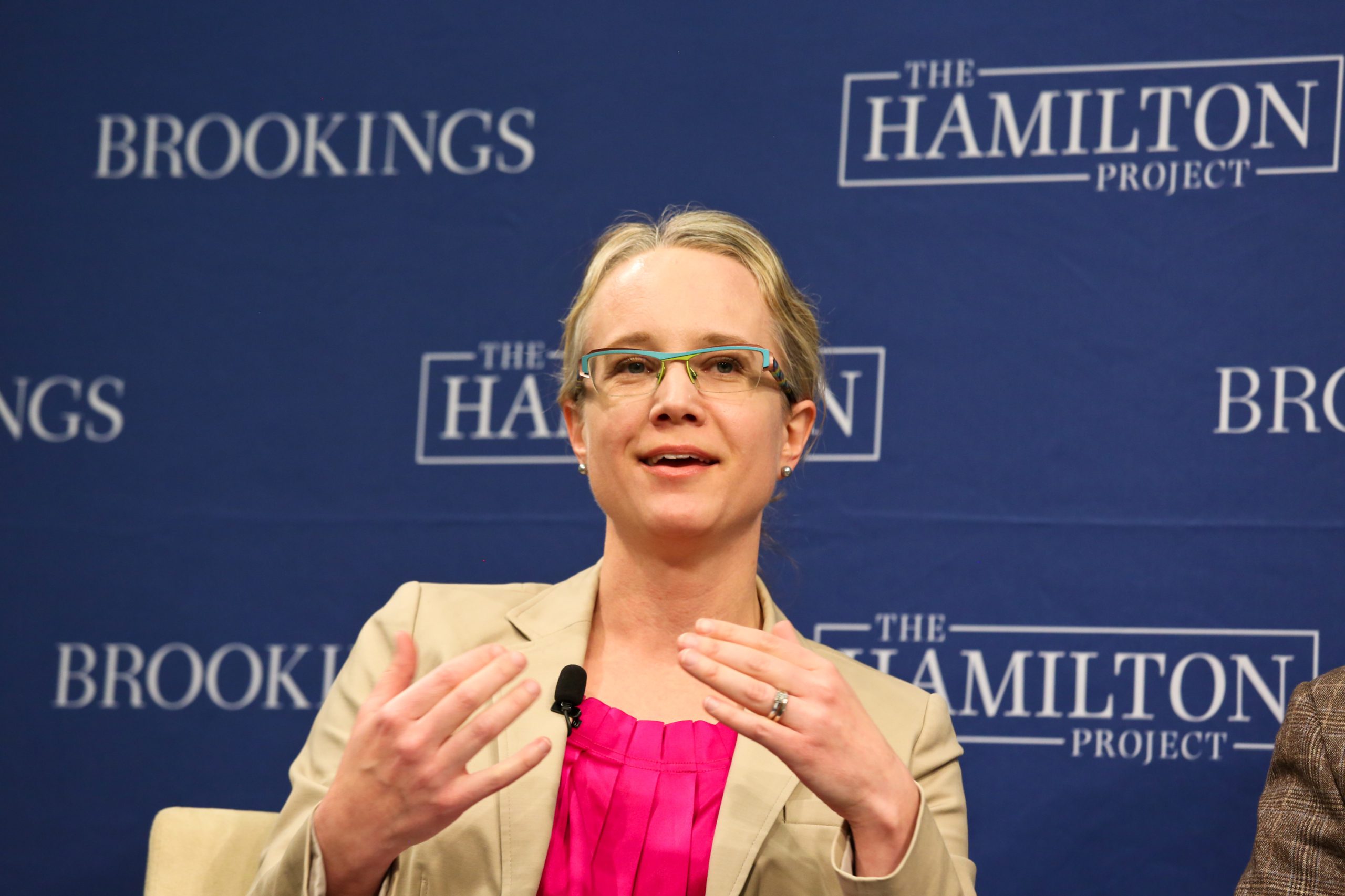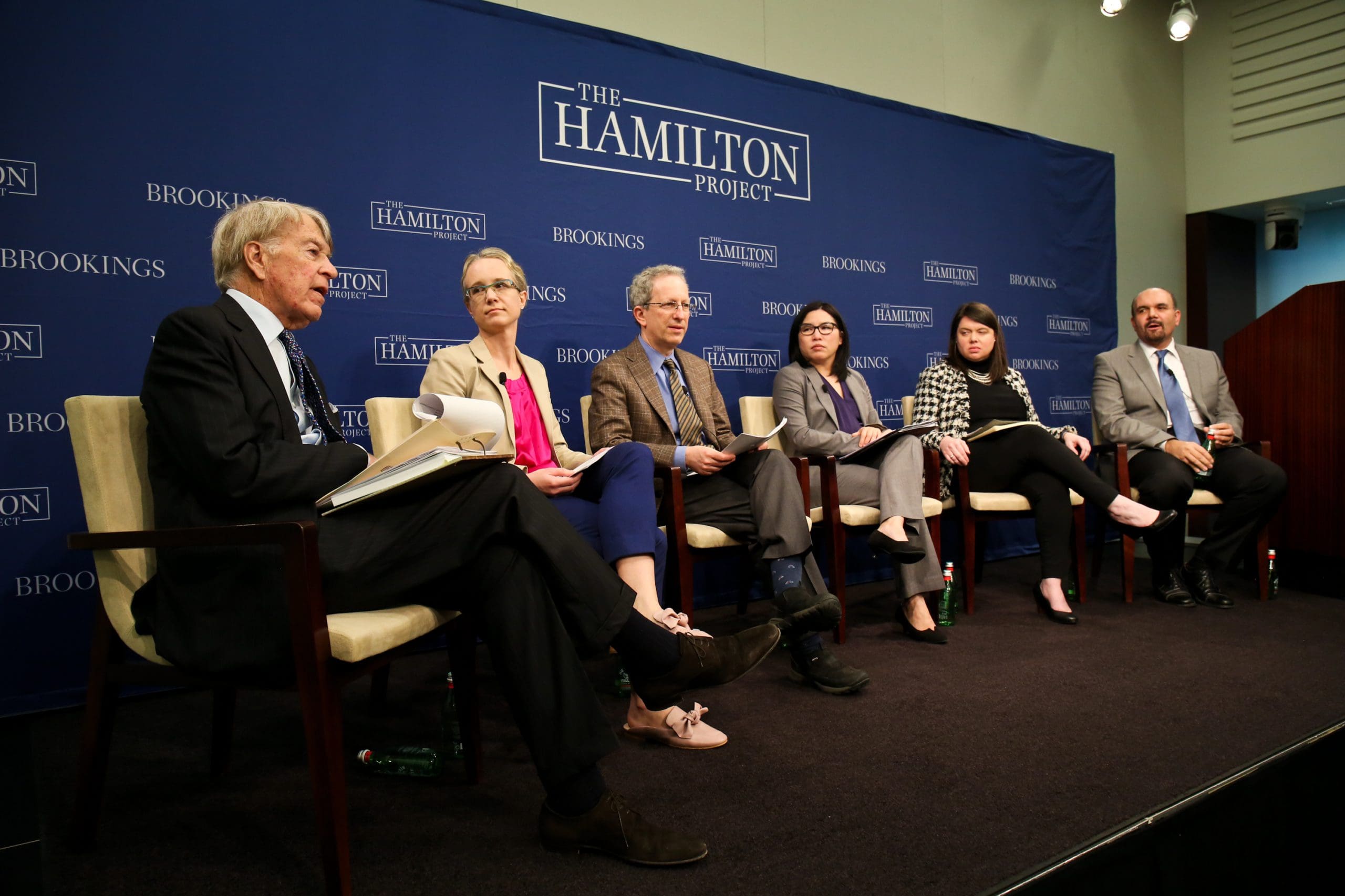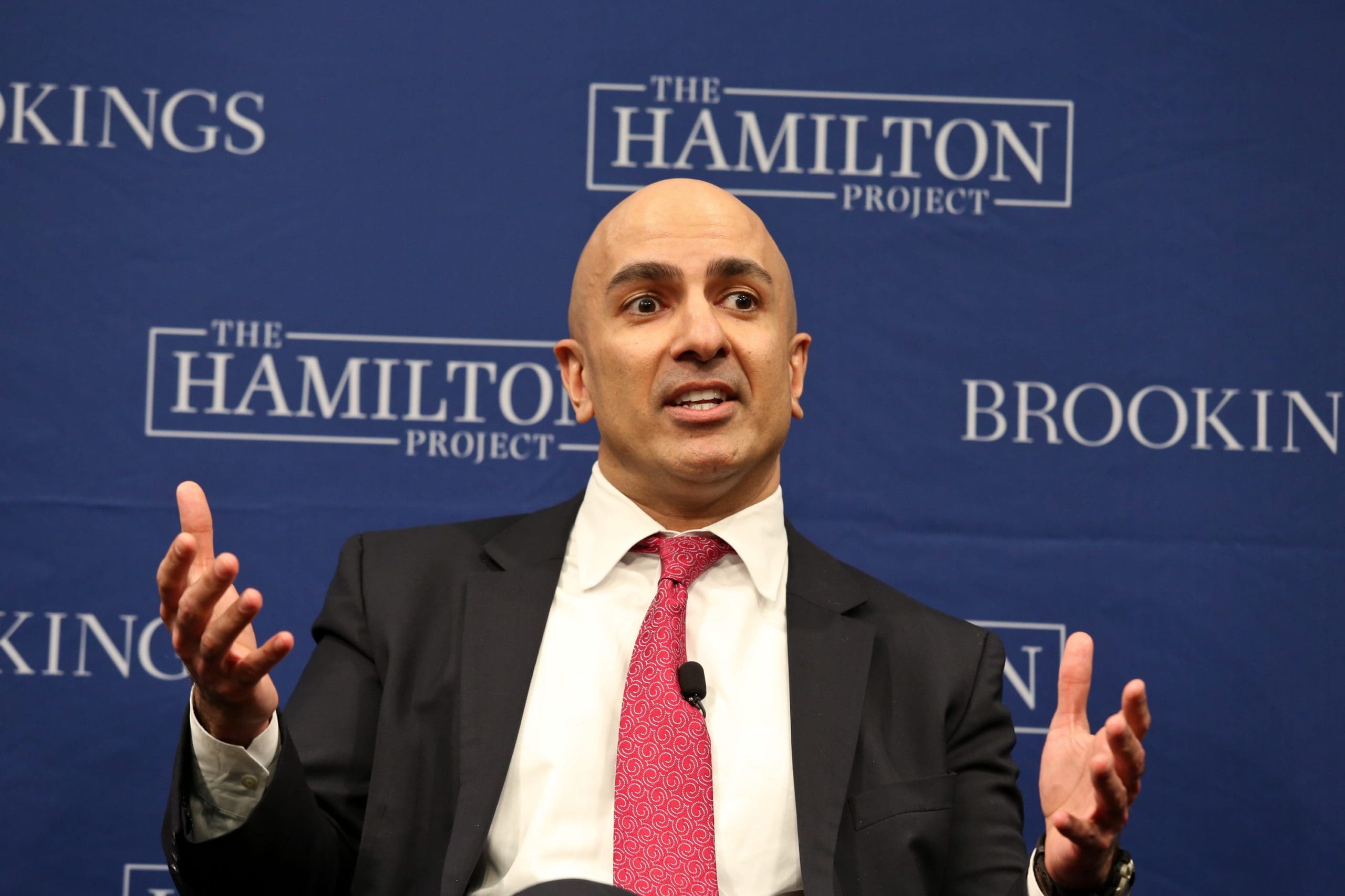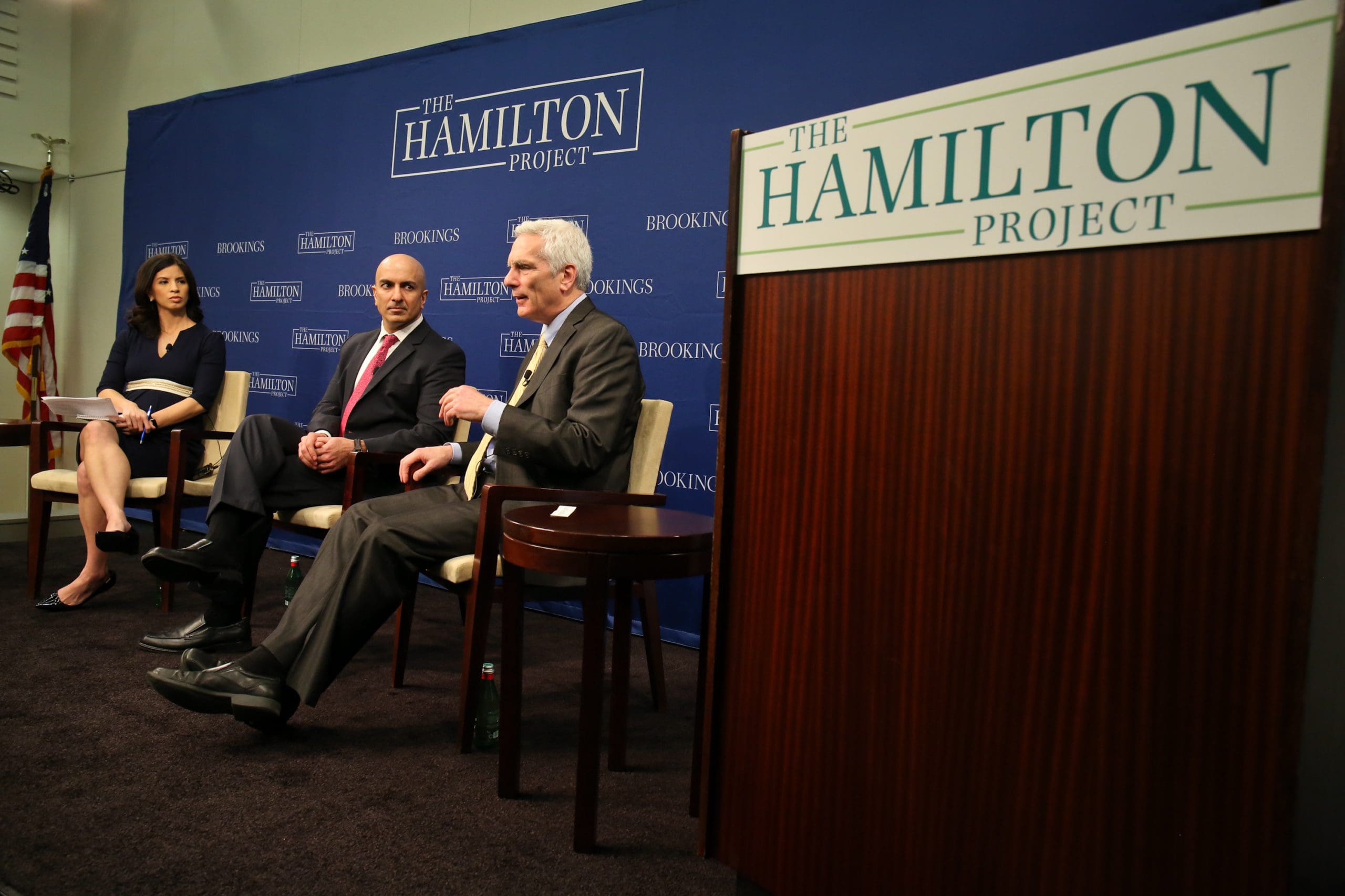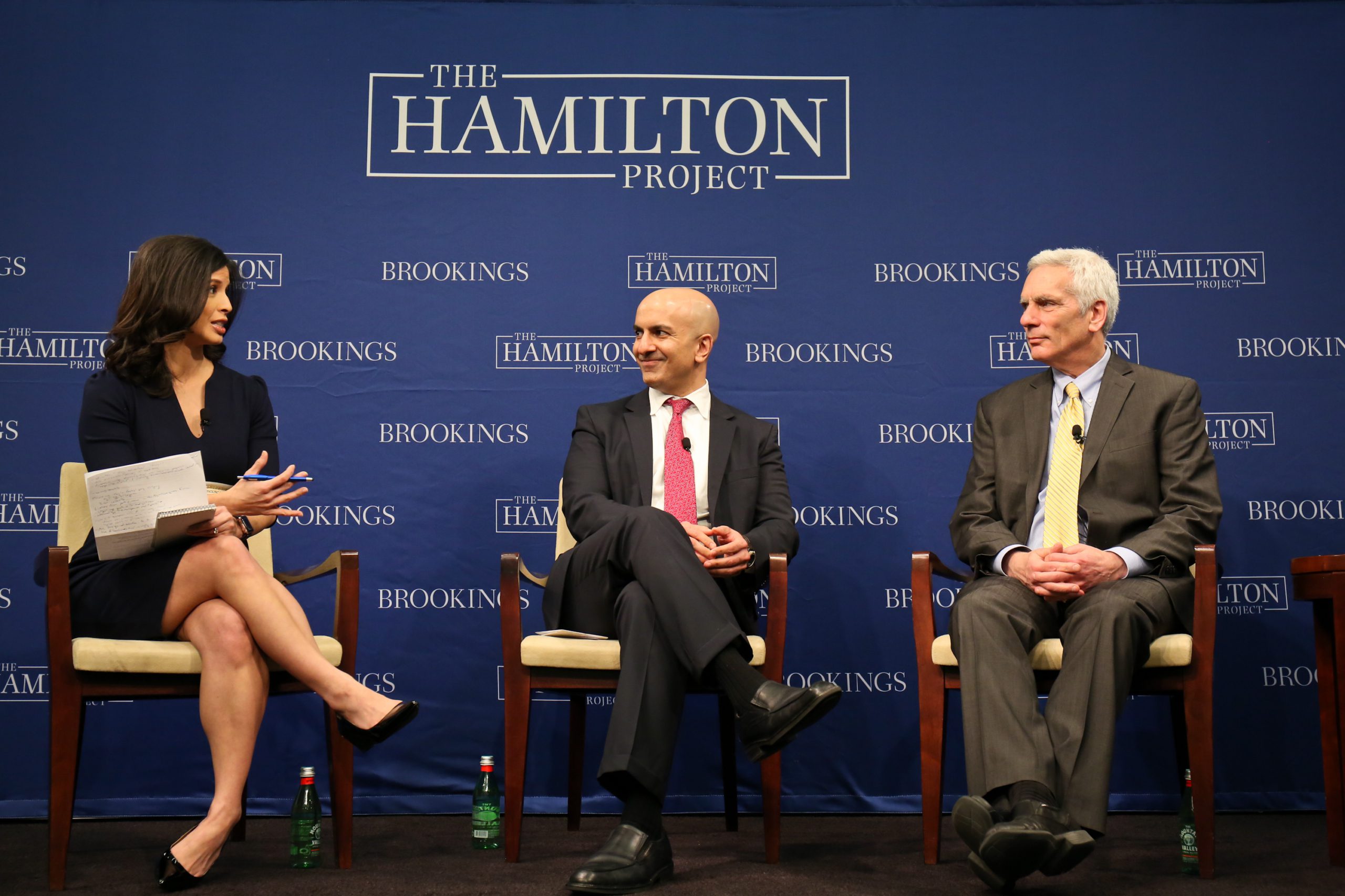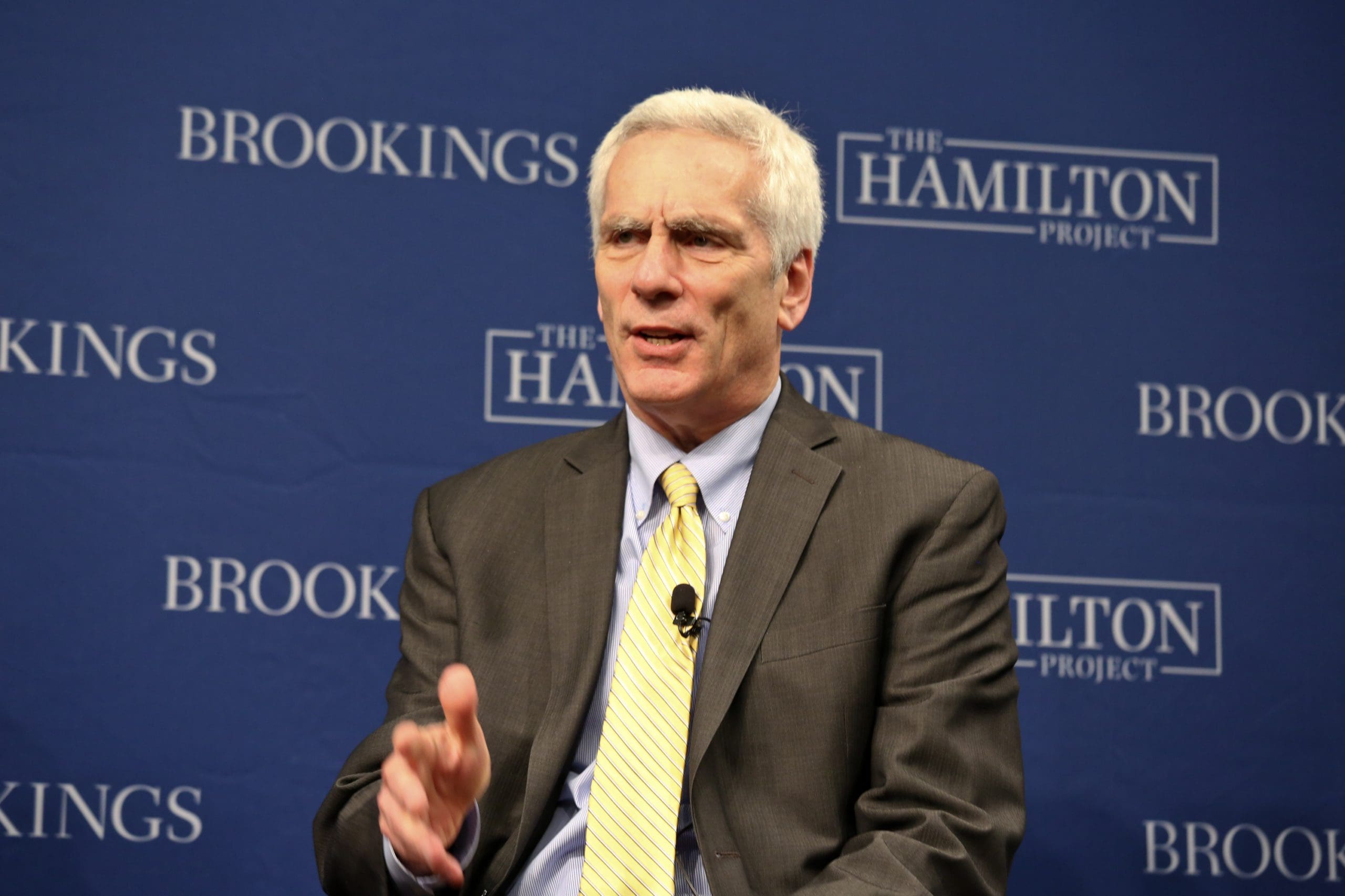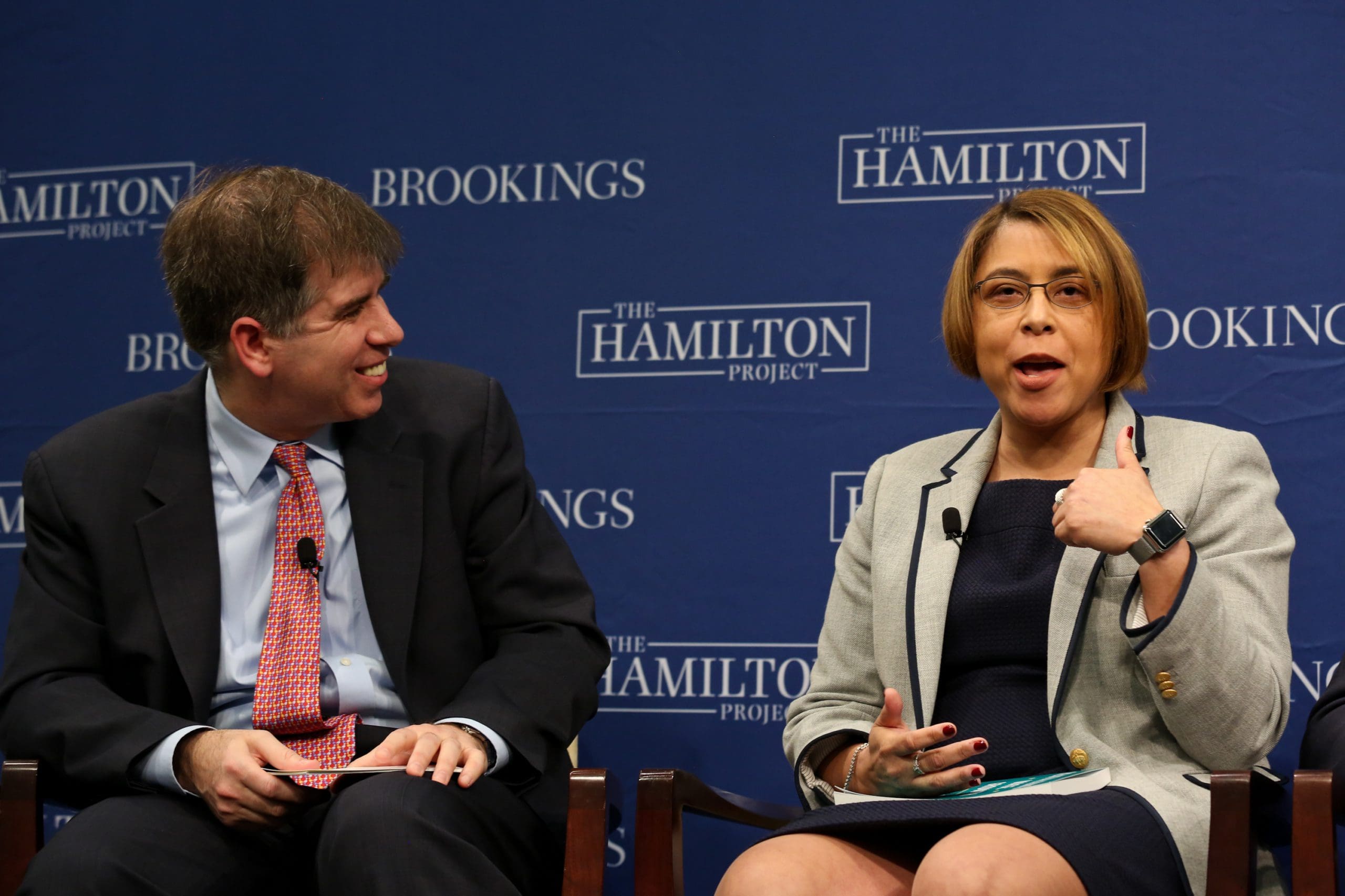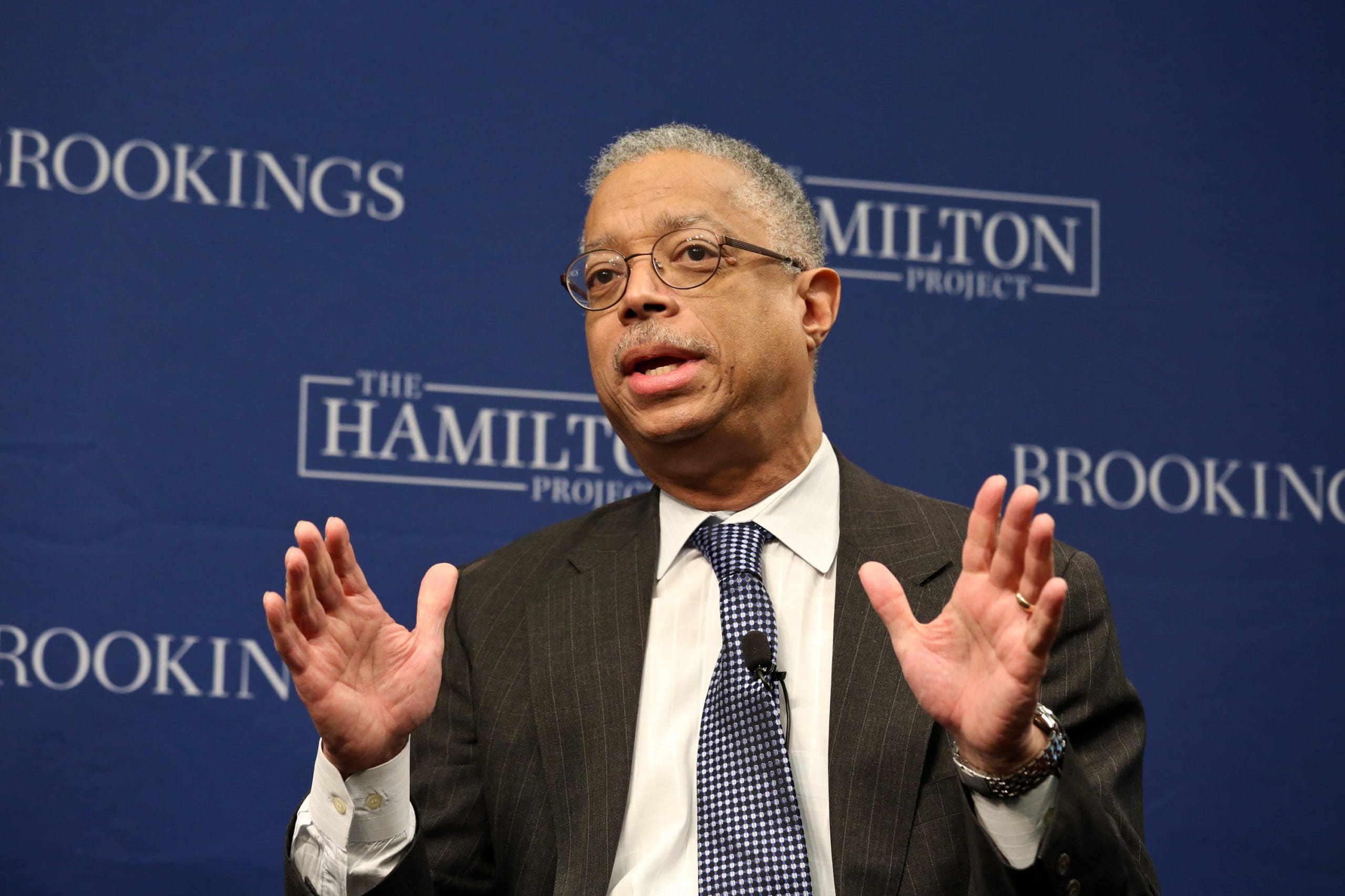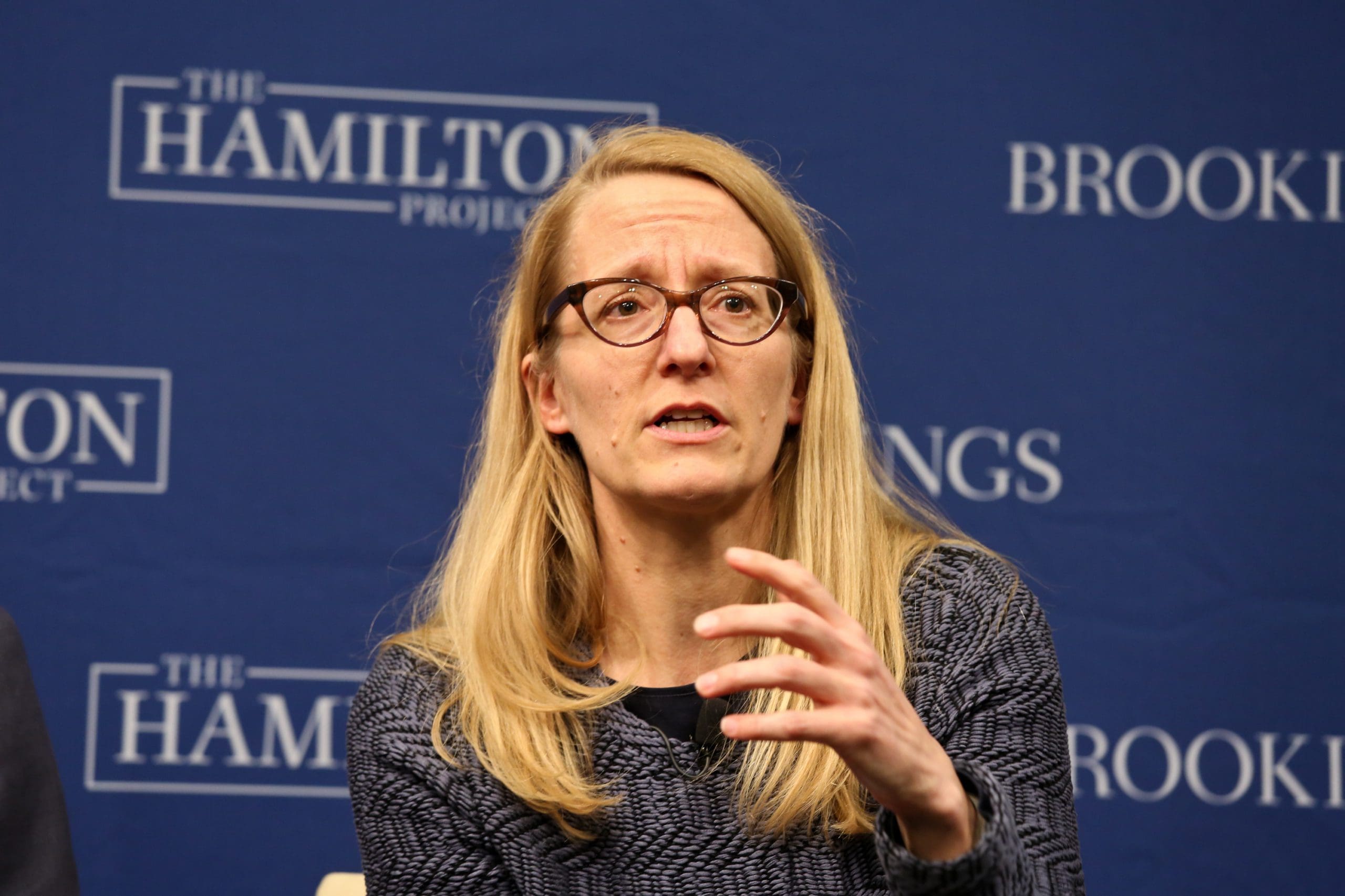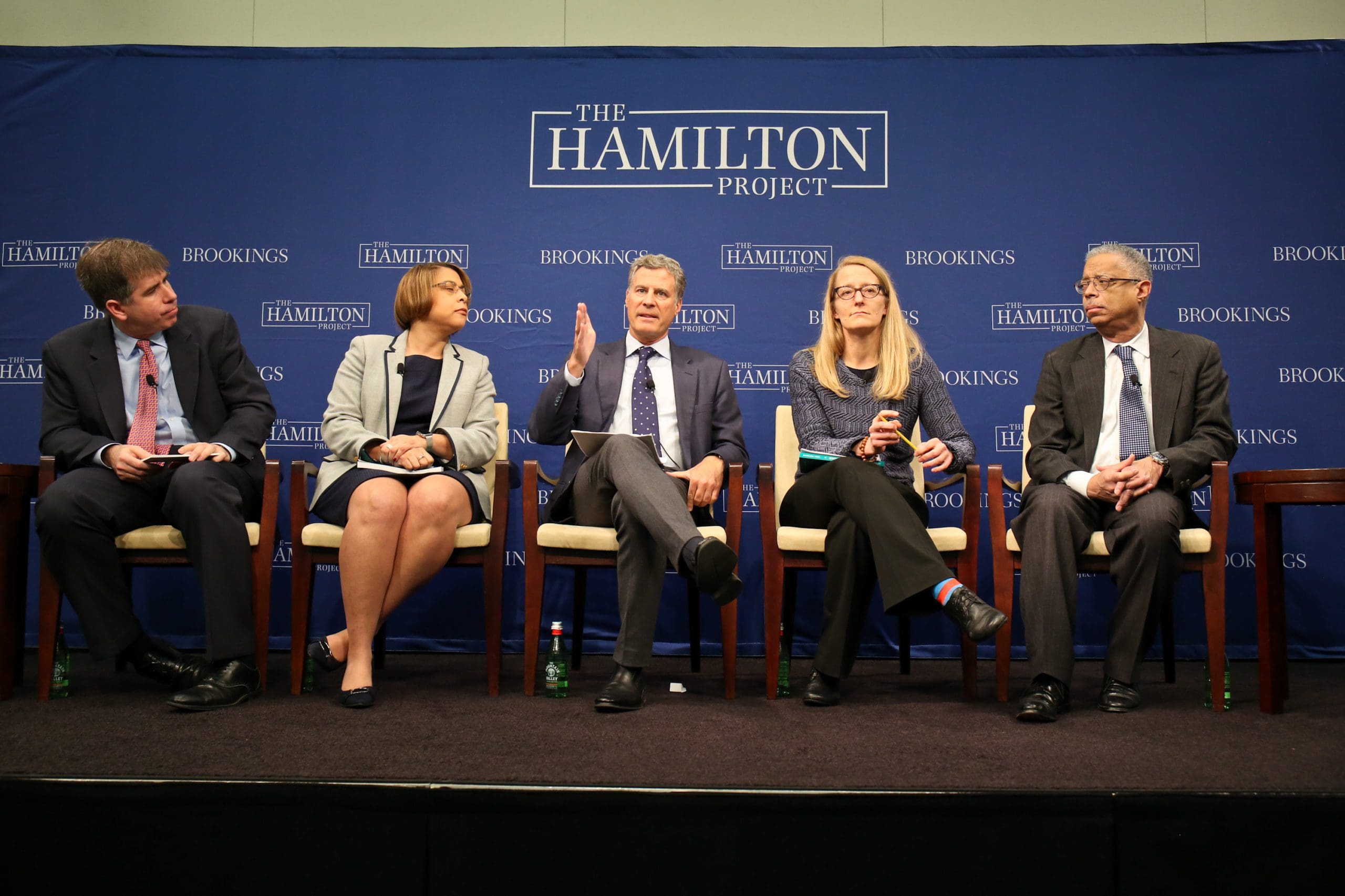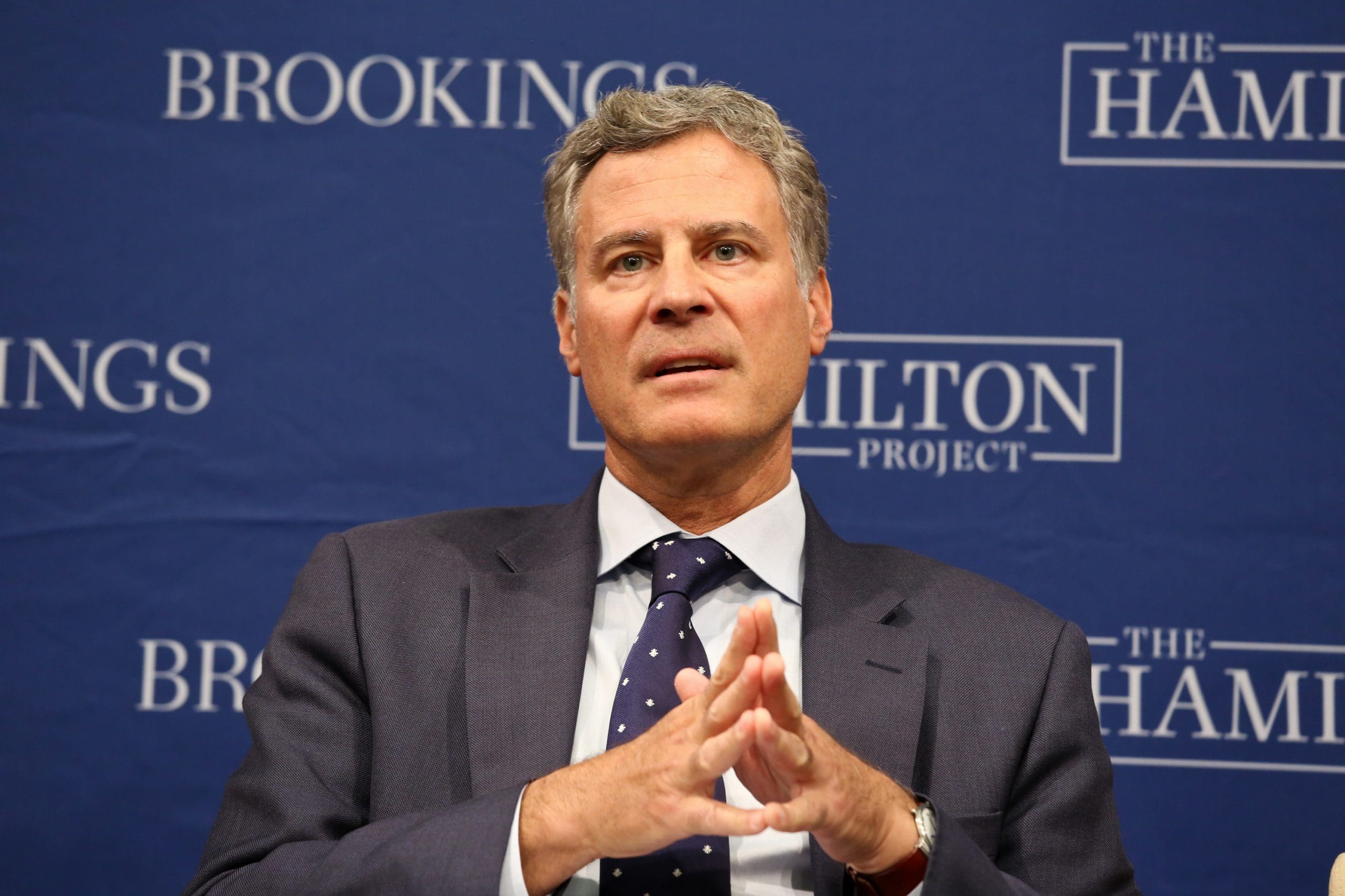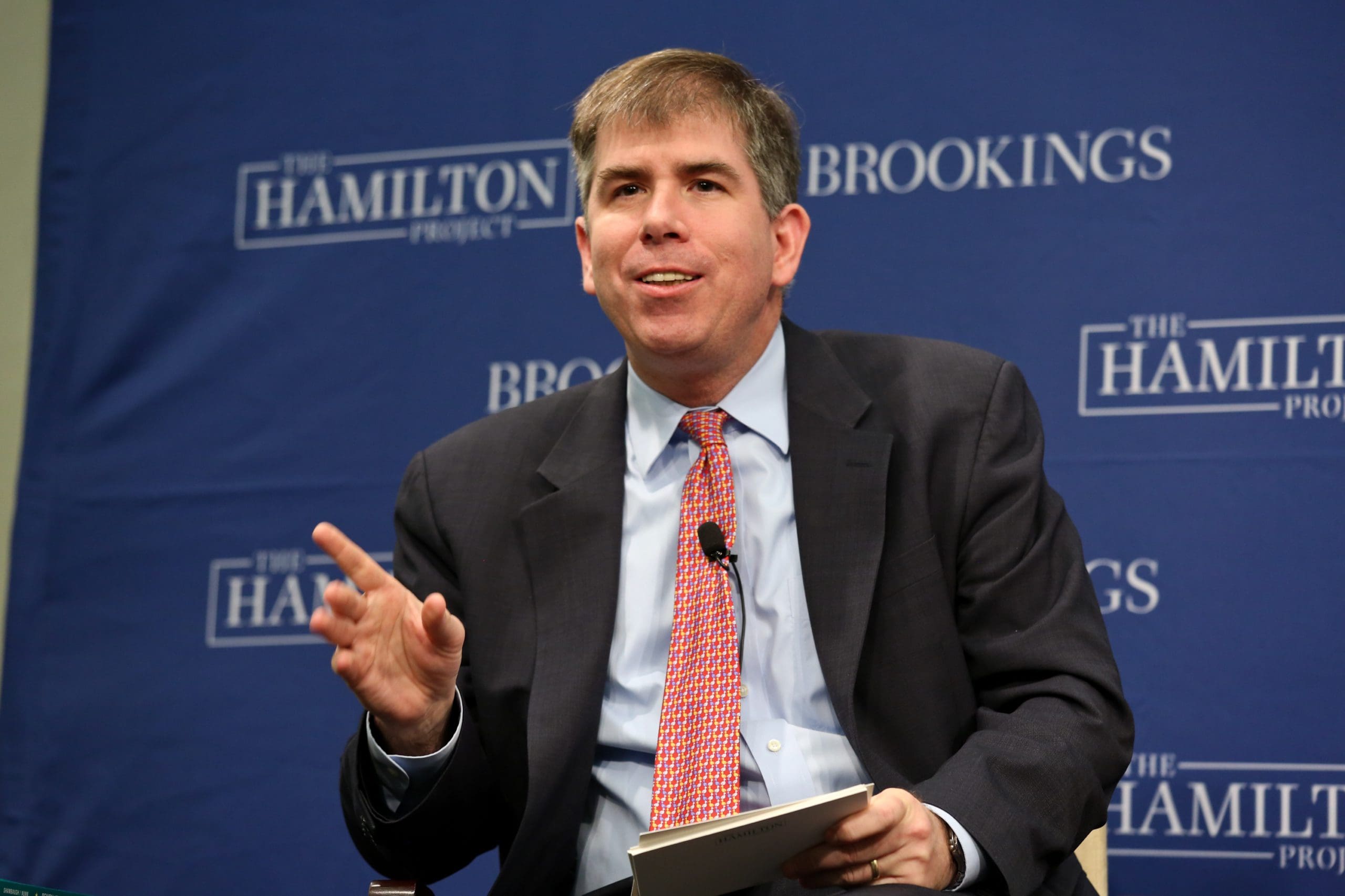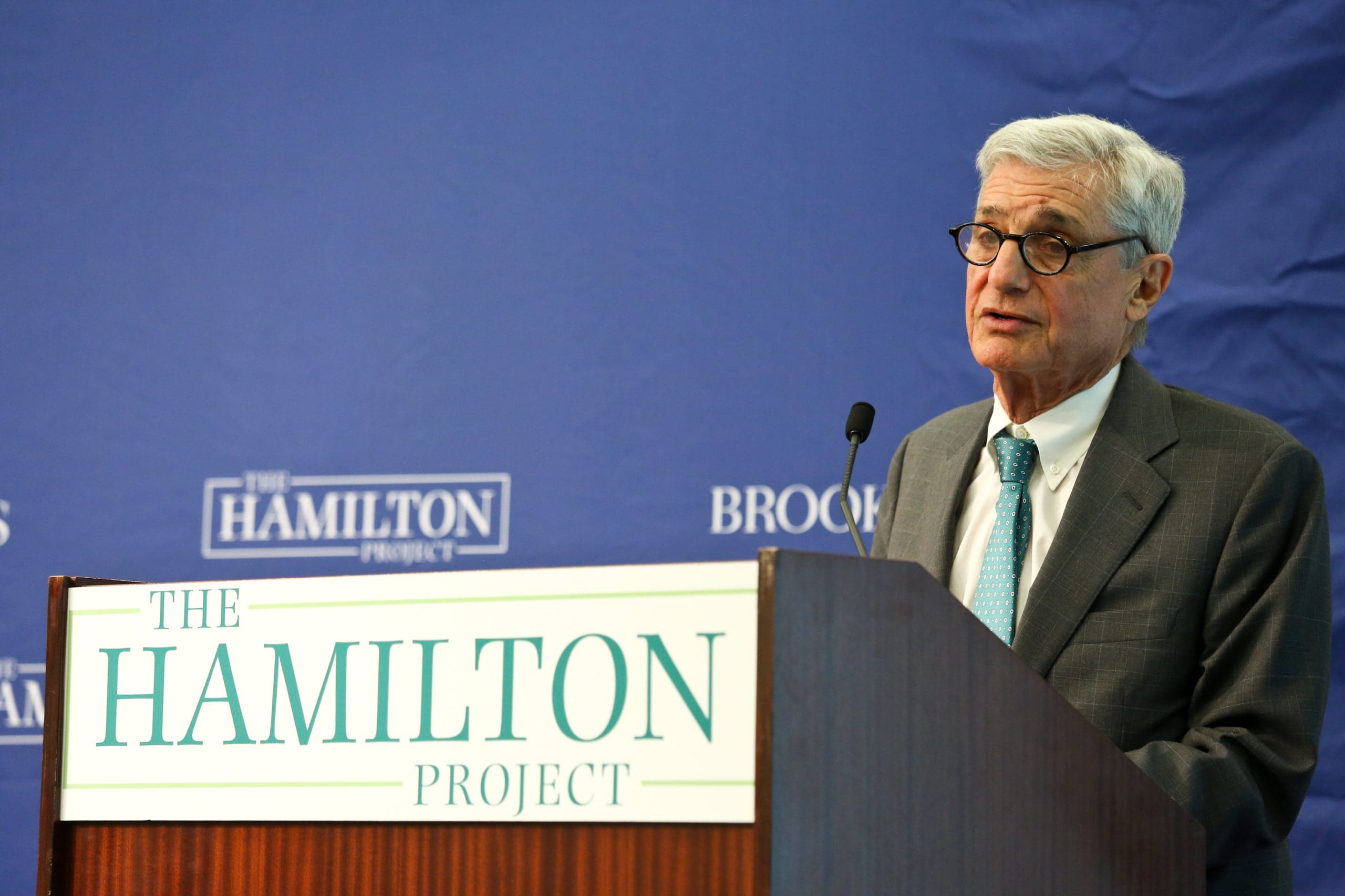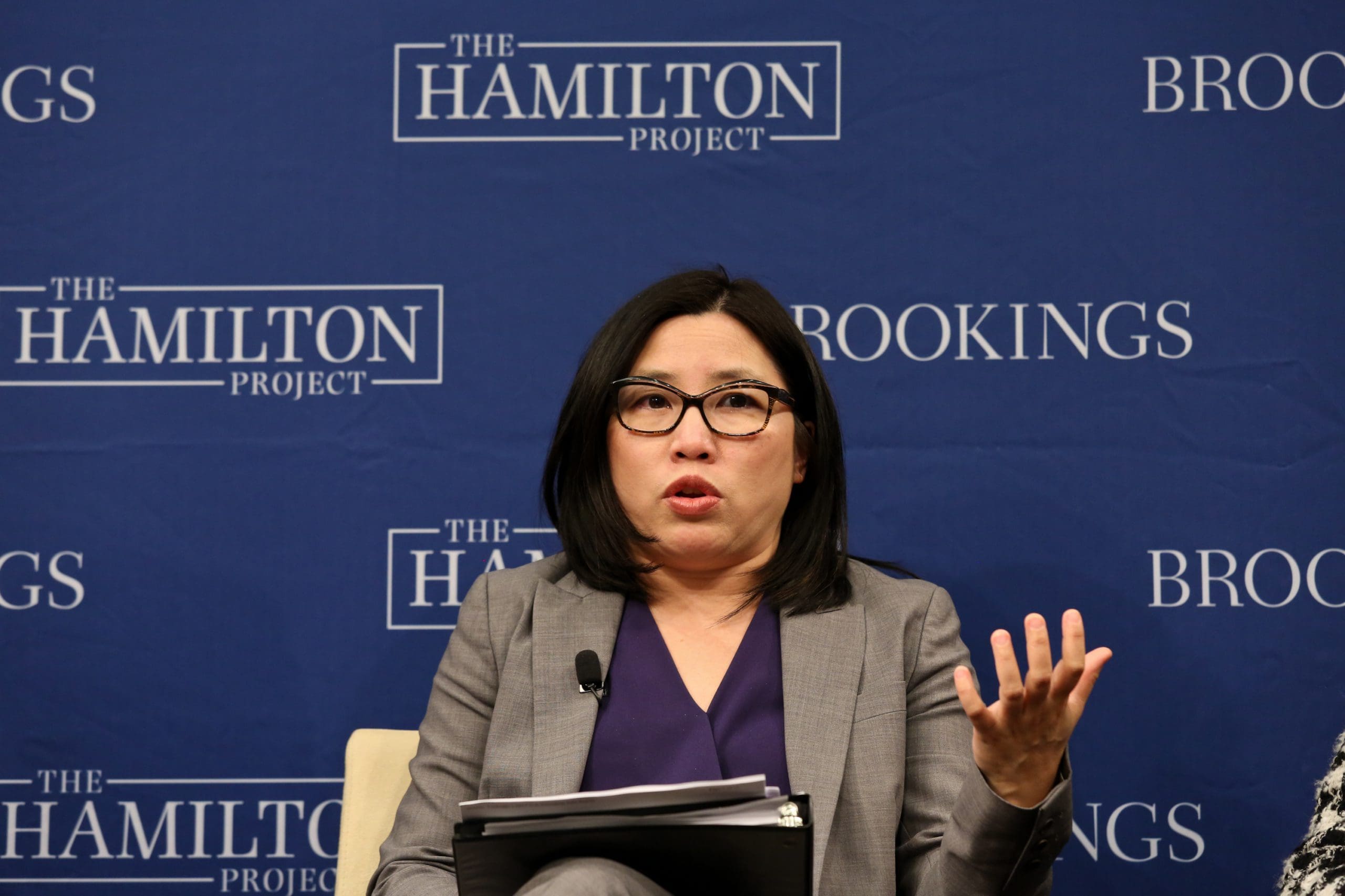One simple question—Are wages rising?—is as central to the health of our democracy as it is to the health of our economy. For the last few decades, the U.S. economy has experienced real wage stagnation. Without rising wages, the dreams of American families to live in good homes, to support their families, to retire comfortably, and to see their children do better—what we call the American Dream—simply cannot be realized. By raising productivity growth and strengthening worker bargaining power, we can create a faster-growing and more dynamic economy that will benefit all workers over the long term.
On February 28, The Hamilton Project at the Brookings Institution hosted a forum to explore the most effective policy options to revitalize wage growth. The forum featured introductory remarks by former U.S. Treasury Secretary Robert E. Rubin, and a fireside chat between Neel Kashkari, President and Chief Executive Officer, Federal Reserve Bank of Minneapolis and Jared Bernstein, Senior Fellow, Center on Budget and Policy Priorities. The fireside chat was moderated by Ylan Mui, Reporter, CNBC.
The forum also included two roundtable discussions, featuring: Alan Krueger, Bendheim Professor of Economics and Public Affairs, Princeton University; Heidi Shierholz, Senior Economist and Director of Policy, Economic Policy Institute; Lawrence Katz, Elisabeth Allison Professor of Economics, Harvard University; Julie Gehrki, Vice President, Walmart Foundation; William Spriggs, Chief Economist, AFL-CIO; Cicely Simpson, Executive Vice President, Public Affairs, National Restaurant Association; Portia Wu, Director of Workforce Policy, Microsoft Corporation; Abigail Wozniak, Associate Professor, Department of Economics, University of Notre Dame; Fatih Guvenen, Curtis L. Carlson Professor of Economics, University of Minnesota; and Roger C. Altman, Founder and Senior Chairman, Evercore.
The event coincided with the release of a new book of Hamilton Project policy proposals entitled “Revitalizing Wage Growth: Policies to Get American Workers a Raise,” on topics including: the importance of strong labor demand; human capital investments; employer wage collusion; reforming non-compete policy; strengthening labor standards to promote wage growth; wage transparency; and encouraging geographic mobility at college entry and exit.
Agenda
1:00 PM Welcome and Introduction
Robert E. Rubin
Former U.S. Treasury Secretary
Co-Chair Emeritus, Council on Foreign Relations
1:10 PM Roundtable: Restoring a Level Playing Field for Workers
Author: Alan Krueger
Bendheim Professor of Economics and Public Affairs
Princeton University
Author: Heidi Shierholz
Senior Economist and Director of Policy
Economic Policy Institute
Discussant: Cicely Simpson
Executive Vice President, Public Affairs
National Restaurant Association
Discussant: William E. Spriggs
Chief Economist
AFL-CIO
Moderator: Jay Shambaugh
Director
The Hamilton Project
2:05 PM Roundtable: Can We Boost Wages with Monetary and Fiscal Policy?
Discussant: Neel Kashkari
President and Chief Executive Officer
Federal Reserve Bank of Minneapolis
Author: Jared Bernstein
Senior Fellow
Center on Budget and Policy Priorities
Moderator: Ylan Mui
Reporter
CNBC
2:45 PM Break
2:55 PM Roundtable: Using Educational Investments to Raise Wages for Young Workers
Author: Fatih Guvenen
Curtis L. Carlson Professor of Economics
University of Minnesota
Author: Abigail Wozniak
Associate Professor, Department of Economics
University of Notre Dame
Discussant: Julie Gehrki
Vice President
Walmart Foundation
Discussant: Lawrence Katz
Elisabeth Allison Professor of Economics
Harvard University
Discussant: Portia Wu
Director of Workforce Policy
Microsoft Corporation
Moderator: Roger C. Altman
Founder and Senior Chairman
Evercore

